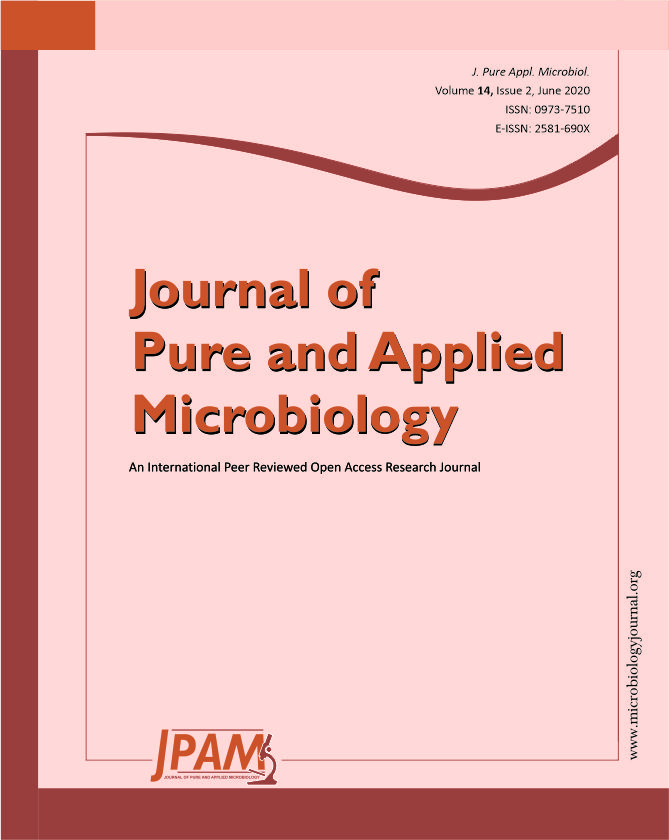Naturally occurring plant-based gums are being widely used in different industries due to their unique thickening and gelling potentialities. The research was planned to evaluate the influence of hydrolysis and modification on rheological and thermal properties of Acacia modesta (Phulai) gum extracts. The gum was hydrolyzed and modified by different chemical methods including polyacrylamide grafting, carboxymethylation, acidic and basic hydrolysis to alter the viscosity behavior. The rheological behavior of selected gum extracts was studied. The change in structure and thermal behavior after processing was determined by Differential scanning calorimetry (DSC), X-ray diffraction (XRD), Thermogravimetric analysis (TGA) and Fourier transforms infrared spectroscopy (FTIR). The analysis of DSC and TGA revealed that the processed gum samples were thermally more stable as compared to pristine counterpart of the crude gum. The present results of A. modesta would be useful for incorporation in various applications in the food and pharmaceutical industries.
Natural gum, grafting, polyacrylamide, carboxymethylation, characterization
© The Author(s) 2020. Open Access. This article is distributed under the terms of the Creative Commons Attribution 4.0 International License which permits unrestricted use, sharing, distribution, and reproduction in any medium, provided you give appropriate credit to the original author(s) and the source, provide a link to the Creative Commons license, and indicate if changes were made.


